The annual OECD Diversity and Inclusion (D&I) Report provides regular reviews and updates on the OECD’s D&I agenda, progress against key strategic initiatives, descriptive statistics and data pertaining to workforce diversity. Since 2021 we have published the Report externally for transparency and accountability.
A core strength of the Organisation is that its employees reflect the rich diversity across all its Member countries. This allows us to create a healthier and more productive organisation which is associated with better decision-making, increased innovation and more relevant policy outcomes. As an equal opportunity employer, we welcome the applications of all qualified candidates, irrespective of their racial or ethnic origin, opinions or beliefs, gender, sexual orientation, health or disabilities. The OECD is committed to promoting internal policies that ensure all staff within the Organisation feel they belong and can perform to their best capacity in a supportive and respectful working environment.

“I believe that including, empowering and accepting multiple cultural and social identities that enable visible minorities and persons with disabilities to have all facets of their identities accepted, valued and respected, is vital to promoting well-being!”

The diversity of the OECD’s 38 Member countries, extending from North and South America to Europe and Asia-Pacific is one of its greatest assets. The Organisation’s country representation of staff reflects this diversity of nationalities, with colleagues from across the Member countries and beyond, including Key Partner countries and countries that we work with on regional initiatives or country-specific co-operation.
The OECD continues to work towards increasing the number of staff from less represented Member countries across the Organisation through a number of outreach initiatives and projects.
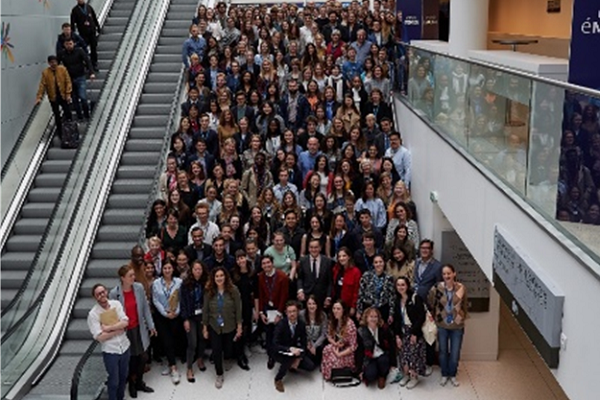
The OECD has worked to raise awareness around racial disparity and injustice in its publications and policy recommendations, as well as in our workforce. We are proud of OECD staff members who have established the Dialogue on Inclusion, Cultural Diversity and Equity (DICE), an informal platform that works to promote better inclusion of ethnic minorities. In addition, we are developing partnerships with organisations, academic institutions and professional networks with racially diverse members to further advance these goals.
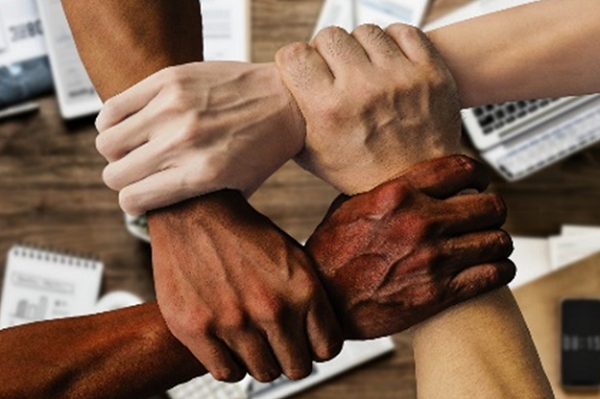
We aim to ensure that our policies and practices are equitable and inclusive and better support staff in a multifaceted workforce. Employing people with disabilities ensures that our teams reflect our communities.
We are actively striving to improve our policies and practices to support those with diverse disabilities and cognitive diversity.
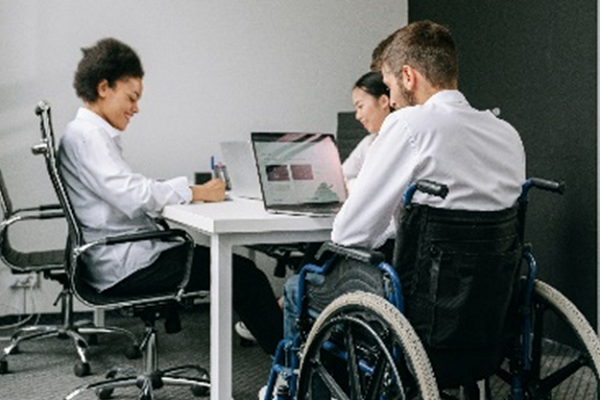
We are committed to advancing gender equality within our workforce, with the aim of achieving gender parity across directorates and different levels or responsibility. The Organisation has made progress in recent years in promoting gender balance and equality, and has continued to advance gender equality policies and practices, including equal pay for equivalent work, professional development and promotion. We are collaborating closely with the OECD Women’s Network and Group on Parenthood, two informal platforms created by OECD staff members to drive this gender agenda forward.
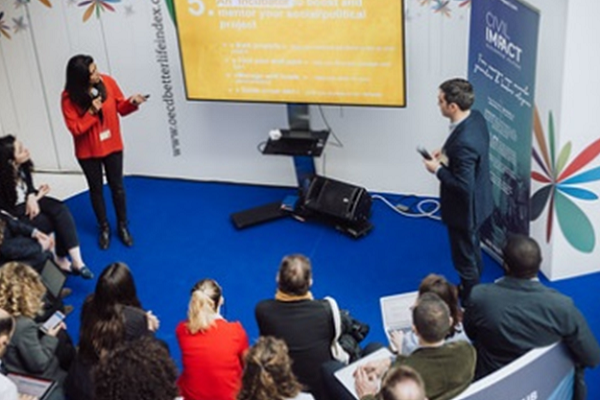
The Organisation strives to create an inclusive workplace for people of all gender identities and sexual orientations. Recognising the immense potential and contribution of Lesbians, Gays, Bisexuals, Transgender, Intersex and Queer (LGBTIQ+) individuals, the OECD is reviewing its policies and practices to ensure they accommodate the needs of individuals with diverse sexual orientations or gender identities. The Organisation is engaging closely with GLOBE, an association created by OECD staff members, to ensure LGBTIQ+ staff members do not encounter any form of discrimination or hostility and thrive in the workplace.
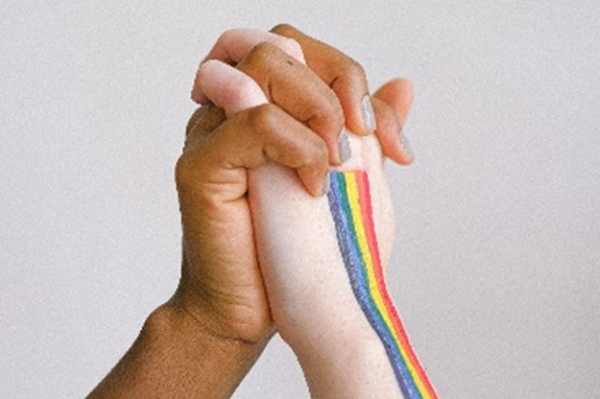
Employee Resource Groups (ERGs) are voluntary and staff led, and are formed around a shared characteristic, such as gender, ethnicity, lifestyle, or interest. A diverse group of ERGs contribute to life at the OECD.